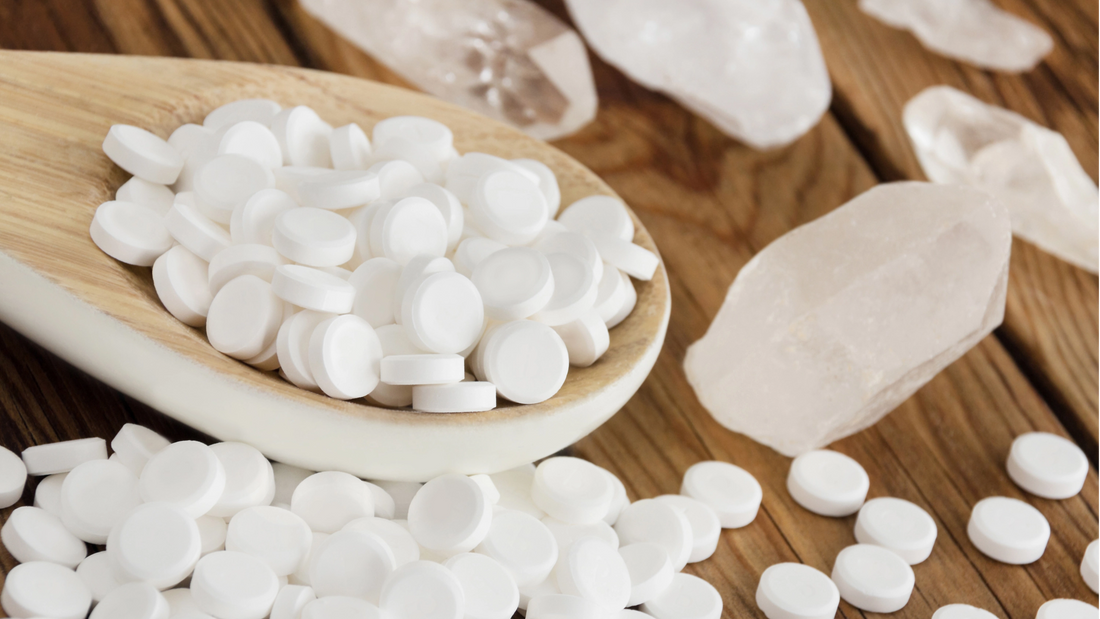Introduction
Athletes and individuals exposed to heat stress often use salt supplements to promote fluid replacement, prevent hyponatremia and dehydration, and ward off heat fatigue. While salt supplements can help reduce sodium depletion from sweat and maintain fluid levels, relying solely on sodium is insufficient. Supplementing with sodium alone can lead to additional problems such as nausea, vomiting, and muscle cramps, which can significantly interfere with performance. A balanced intake of electrolytes, including magnesium, potassium, and chloride, is essential for maintaining the normal function of the body’s systems during physical activity.
What is Hyponatremia?
Understanding Hyponatremia
Hyponatremia is a condition characterized by a low concentration of sodium in the blood. Despite the negative press salt receives, sodium and chloride (NaCl) are essential minerals. Hyponatremia is the most common electrolyte disturbance, with normal serum sodium levels ranging from 137-147 mEq/L. When levels fall below 137 mEq/L, symptoms such as weakness, agitation, confusion, nausea, and vomiting may occur.
Causes and Risks
Hyponatremia can result from excessive water consumption, which dilutes electrolytes in the body, or from sweat-induced electrolyte loss. It frequently affects marathoners and triathletes during long-distance races in the heat. For example, during a Hawaiian Ironman Triathlon, nearly 30% of participants experienced hyponatremia. The two primary risk factors are excessive fluid consumption and longer finishing times.

The Role of Sodium and Other Electrolytes
Importance of Sodium
Sodium is a crucial cation found in extracellular fluid, vital for maintaining acid-base balance and transmitting nerve impulses. It works with potassium, the chief cation of intracellular fluid, to maintain body fluid balance, regulate blood pressure, and support various bodily functions.
Limitations of Salt Supplements
Salt tablets and sodium-enhanced beverages are often promoted for electrolyte replacement, but they primarily replenish sodium and overlook other critical electrolytes lost through sweat. This imbalance can have serious effects on the body. For instance, in the 2000 Houston Marathon, hyponatremic runners had lower potassium and chloride levels than non-hyponatremic runners.
Electrolyte Imbalance and Performance
Case Studies and Research
Studies have shown that low levels of electrolytes like magnesium are common in hyponatremic individuals. For example, during the Hawaiian Ironman Triathlon, 20% of athletes had low magnesium levels. Dehydration and electrolyte imbalances can also lead to muscle cramping and fatigue, impacting performance.
Consequences of Salt Tablets
Supplementing with sodium alone can cause unpleasant side effects such as stomach cramps, nausea, and vomiting. Concentrated salt tablets may exacerbate dehydration by drawing water into the stomach from surrounding tissues. Additionally, imbalanced sodium levels can negatively affect potassium and magnesium levels, reducing exercise performance and increasing the risk of cramping.

Guidelines for Fluid Replacement
ACSM Recommendations
The American College of Sports Medicine (ACSM) recommends consuming 500 ml (~17 oz.) of fluid two hours before exercise and continuing to drink cool fluids at regular intervals during exercise. For prolonged intense activities lasting over an hour, adding electrolytes to fluids is advised.
Optimal Hydration Strategies
The best way to replace fluids and electrolytes lost through sweat is by drinking water fortified with a balanced electrolyte solution like ION8 Electrolytes. Electrolytes and water should be consumed in balance to prevent imbalances that can impair performance.
Case Study: ION8 Electrolytes and Hydration
University of Montana Study
A study conducted at the University of Montana's Human Performance Laboratory tested the effects of ION8 Electrolytes on hydration during extreme conditions, such as wildland fire suppression. The study revealed that firefighters consuming water with ION8 Electrolytes required significantly less water to maintain hydration compared to those drinking water alone.
Implications for Athletes
For athletes and outdoor enthusiasts, consuming ION8 Electrolytes with water can enhance hydration and reduce electrolyte depletion during endurance sports or intense heat-stress situations. This approach can help maintain adequate hydration and prevent hyponatremia, improving overall performance.
Conclusion
Maintaining a proper balance of electrolytes and fluids is crucial for athletes and individuals exposed to heat stress. While salt supplements can aid in replenishing sodium, a balanced intake of all essential electrolytes is necessary for optimal performance and health. By following guidelines for fluid replacement and using balanced electrolyte solutions like ION8 Electrolytes, athletes can prevent imbalances and enhance their performance.
FAQs
-
What are the symptoms of hyponatremia?
- Symptoms include weakness, agitation, confusion, nausea, and vomiting.
-
Why are balanced electrolytes important?
- They regulate acid-base balance, nerve impulses, muscle contractions, and overall bodily functions.
-
Can salt tablets alone prevent hyponatremia?
- No, they can cause additional problems and do not address the need for other electrolytes.
-
What is the ACSM's recommendation for fluid intake before exercise?
- Consume 500 ml (~17 oz.) of fluid two hours before exercise.
-
How do ION8 Electrolytes enhance hydration?
- ION8 Electrolytes provides a balanced mix of electrolytes, reducing the need for excessive water intake and preventing imbalances.

